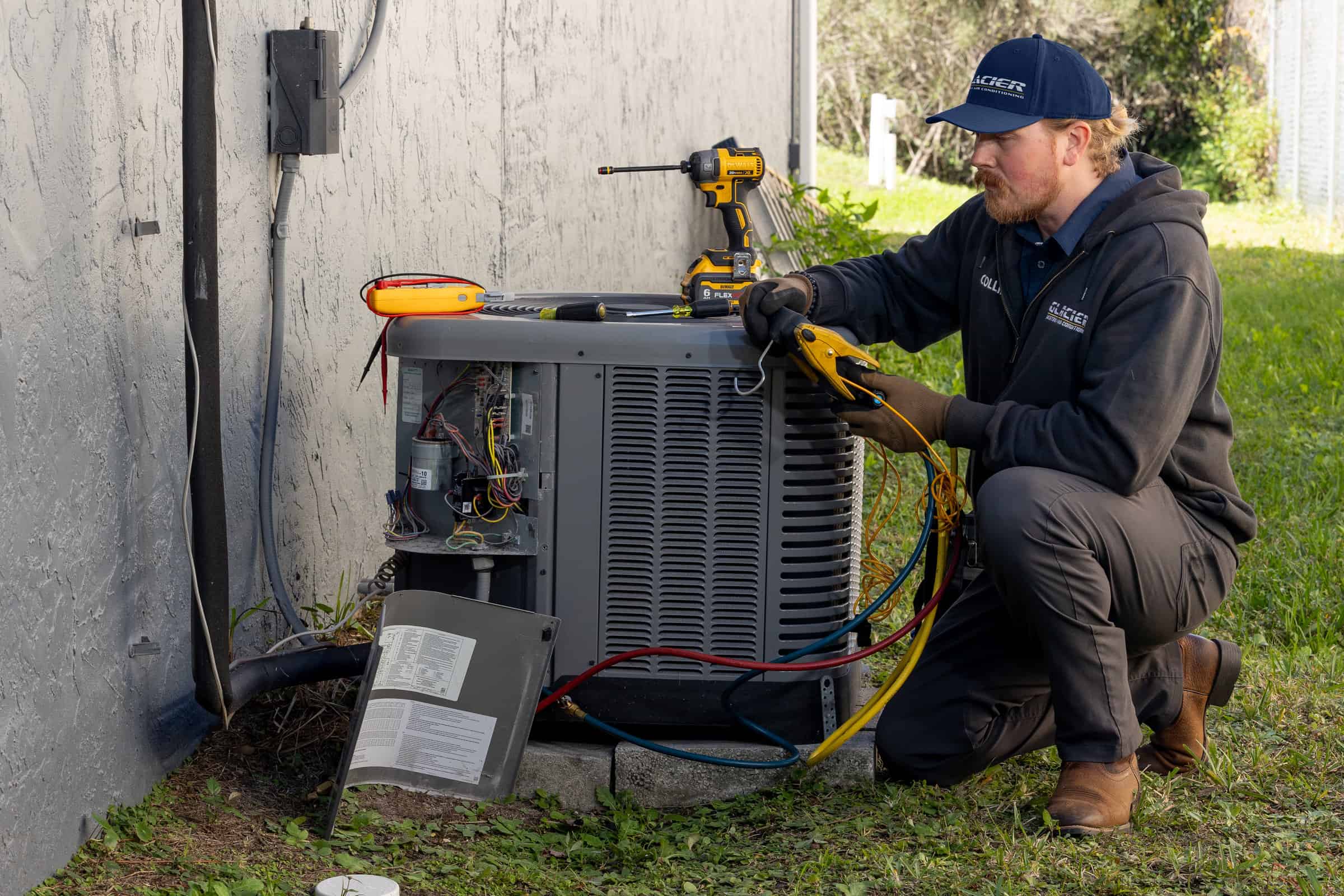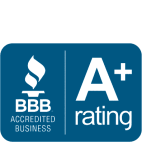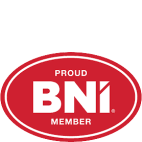You might have heard that air conditioners and heat pumps need a refill of something called freon to keep them running smoothly. But here’s the scoop: contrary to what some may say, these systems don’t actually “consume” freon. If your technician suggests a simple top-up of freon without addressing a leak, it’s time to reconsider.
So, what’s the deal with freon leaks? Well, let’s break it down. Freon, or refrigerant, doesn’t just vanish into thin air. If you’re running low on freon, it’s a red flag that there’s a leak somewhere in your system that needs fixing. There are a few common places where these leaks tend to happen. First up, you’ve got the Schrader valve, kind of like the valve on your car or bike tire. While it’s often blamed for leaks, it’s rarely the main culprit. Other potential leak spots include the evaporator and condensing coils, where tiny vibrations or metal parts rubbing together can cause issues. These coils have lots of welds, which can sometimes spring leaks, and copper tubes can develop pinhole leaks due to something called formicary corrosion.

Formicary corrosion? Yeah, it sounds fancy, but it’s basically when organic acids from everyday household items react with copper over time, causing those tiny leaks. Think things like adhesives, paints, and even cosmetics.
Another spot to watch out for is the line set, those copper tubes that connect the indoor and outdoor units. They’re exposed to all sorts of elements, from moisture to vibration, which can lead to corrosion and, you guessed it, leaks.
Key Information to Help You Understand your AC Unit
Common Causes of Refrigerant Leaks: Besides the Schrader valve, evaporator coils, condensing coils, and line sets, it’s essential to understand why these areas are prone to leaks. Evaporator coils, for instance, are constantly exposed to humidity and temperature changes, which can accelerate corrosion over time. Likewise, the condensing coils face external factors like debris buildup and weather conditions that can compromise their integrity.
Detecting Refrigerant Leaks: Recognizing signs of a refrigerant leak early can save you from costly repairs down the line. Symptoms such as reduced cooling performance, hissing sounds near the AC unit, or visible oil stains on components can indicate a potential leak. Regular inspections by a qualified technician can help identify these issues before they escalate.
Environmental Impact of Refrigerant Leaks: It’s not just about your wallet; refrigerant leaks can also harm the environment. Many refrigerants, including older types like R-22 (commonly known as Freon), contribute to ozone depletion and global warming when released into the atmosphere. By promptly repairing leaks and transitioning to more environmentally friendly refrigerants, you can reduce your carbon footprint and support sustainability efforts.
Long-Term Solutions: While repairing leaks is crucial, it’s also essential to address underlying factors that contribute to their occurrence. This might involve upgrading outdated components, improving insulation to minimize temperature fluctuations, or implementing preventive maintenance measures to prolong the lifespan of your HVAC system.

Consulting with HVAC Professionals: When dealing with refrigerant leaks or any HVAC-related issues, don’t hesitate to seek guidance from seasoned experts like Ed Doughty, owner of Glacier Heating and Air Conditioning. They can conduct thorough assessments, provide personalized recommendations based on your system’s needs, and ensure compliance with industry standards and regulations.
By taking a proactive approach to address refrigerant leaks and investing in preventive maintenance, you can preserve the efficiency and longevity of your HVAC system while minimizing environmental impact and operating costs. Remember, a little knowledge and vigilance can go a long way in keeping your home comfortable and sustainable for years to come.
Concerned you might have a leak? Call the “AC Doctors” at Glacier HVAC – (904) 540-8199.









